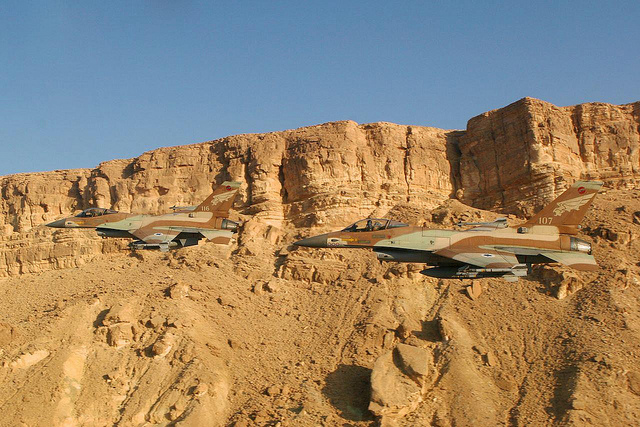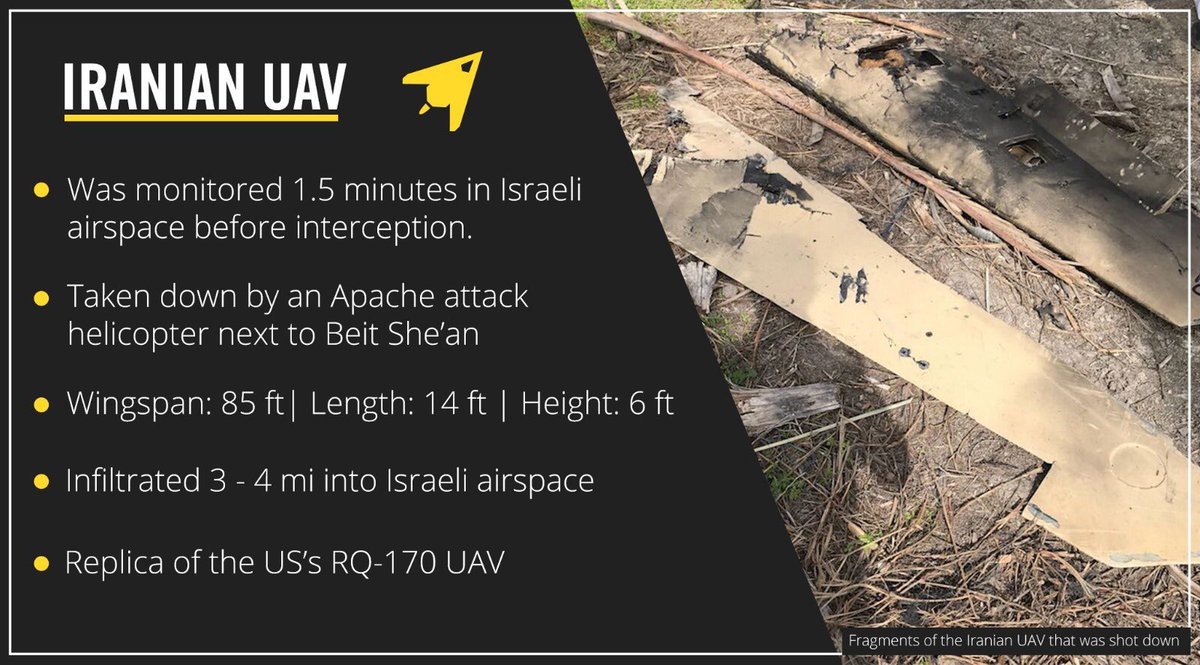The Byzantine Middle East
"Russia has strong relations with Iran and Syria, but at the same time Jerusalem and Moscow are improving their relations. Moscow sees enormous strategic value in working with one of the world’s premier ‘start-up’ nations. Israel offers Russia much, starting with around a million Russian-speaking Israelis (at least three Israeli government ministers speak fluent Russian), and people can travel very easily between the two countries. Moreover, President Vladimir Putin has capitalised on the strained relationship that existed between Israeli Prime Minister Benjamin Netanyahu and Barack Obama to improve relations with Israel. Netanyahu seems to appreciate the Russians’ pragmatic stance. Additionally, Israelis recognise Russia’s growing presence in, and rising influence across, the eastern Mediterranean, making Russia invaluable to Israeli security."
"Israel recognises that the key to its security lies in persuading Putin to limit Iranian adventurism. It expects that, with the defeat of Islamic State, the Iranian presence will increase, posing a clear and present danger to Israel."
Isaac Kfir, director, National Security Program, head, Counter-Terrorism Policy Centre, ASPI
 |
| On 10 February, the world woke up to the news that Israeli fighter jets had hit Iranian targets in Syria. The altercation highlights the dangerous game that Russia is now playing in the eastern Mediterranean |
"In the case of aggression against Israel, not only will the United States stand by Israel’s side — Russia, too, will be on Israel’s side."
"Many of our countrymen live here in Israel, and Israel in general is a friendly nation, and therefore we won’t allow any aggression against Israel."
"We certainly support Israel’s right to defend itself, and the actions of Israeli pilots were entirely correct."
"We certainly regret that in this incident two Israeli pilots were injured. On behalf of the Russian embassy I am wishing a speedy recovery to the wounded pilots."
Russian Deputy Ambassador to Israel Leonid Frolov

Jonathan Conricus @LTCJonathan
Part of the remains of the UAV the#Iranians tried to sneak into Israel. Not much left of it, similar to some parts of the#Syrian air defense array.
Which way the wind blows? In the Middle East and among intervenors in the myriad, frequent and violent events in that ancient geography, stability and volatility live in a distinct state of disharmony. Just look at Israel; the more immediate of its neighbours like Egypt and Jordan and Saudi Arabia and the Gulf States find some compatibility with the Jewish State now, with the rising influence and power of the Islamic Republic of Iran and its proxies. Whereas before the advent of the Iranian Revolution, under Shah Mohammad Reza Pahlavi Israel and Iran enjoyed amicable relations.
Now the axis of the Republic of Iran; Hezbollah in Lebanon and the Syrian regime of Bashar al Assad, not to mention Shiite-ruled Iraq, and Qatar are all in the Islamist revolutionary camp of Iran, sharing its agenda leading to the destruction of the State of Israel. Israel is bordered by Syria and Lebanon, where the forward line of influence for Iran in proximity to Israel makes it ever more convenient for attacks to be launched in preparation for an organized assault with a view to destroying the Jewish State.
The advance notice of which was the jibe that the launch of an Iranian drone into Israeli airspace represented. Swiftly shot down and destroyed it may or may not have relayed vital data back to the Revolutionary National Guard al Quds division for future use. Israel's swift response in sending aloft fighter jets into Syria to target Iranian infrastructure comprised its own message of reprisal and preparedness for any future assault, but in the process the shooting down of one of the jets by anti-aircraft fire succeeded in scoring a typical Islamist victory.
Where celebrations marking the purported end of Israeli military invincibility heightened the spirits of its enemies considerably. So where did that accurate and deadly technologically advanced anti-aircraft machinery come from? It may be entirely true that Moscow has no intention of allowing its client states, Iran in particular, to perform the mirage of crippling harm to Israel, but on the other hand, the trade in arms is also of vital importance to the Kremlin as is the image of its support to those it does business with. Putin has taken full advantage of the Obama-era step-down in presence and influence.
Vladimir Putin's decision to win Assad's civil war for him, and to lend his nation's aircraft to destroying Syrian rebel militias, throwing in civilians for good measure, brought him air and naval bases in perpetuity. Russian troops and firepower are established now for the duration in the Middle East; the Kremlin's influence and decision-making a potential factor in everything that occurs from the present onward. This self-assured world power infused with its sense of exceptional entitlements now stands between Israel and its regional enemies.
As for Iran, though it values hugely its alliances and the unalloyed faithfulness of its proxies, the opportunity to flex its own military muscles was just too irresistible. President Putin appears to distance himself from intervening in Iranian prodding of Israeli security. Perhaps there exists a 'red line' beyond which he will not tolerate Iran's thrusts, but that is yet to be seen. The current, low-intensity conflict between Israel and Iran in Syria simmers for the moment, but its embers can burst into the fire of assault at any time; an eventuality to which Israel appears to have readied itself.
As with all of these violent encounters in the Middle East, that boiling kettle of incendiary oil threatening to spill over the region in so many ways, on so many occasions, to so many scenarios, unscheduled, unexpected and redolent of wild atrocities sweeping the area deep in the blood of ancient hatreds, the guessing game is on.
 |
| The Syrian anti-air missiles which hit an Israeli F-16 early Saturday, Feb. 10, are part of a system operated with and commanded by the Russians from their Kheimim air base. The F-16 was shot down during an Israeli air strike against the Iranian facility at the T-4 air base near Palmyra, which launched a UAV into Israeli airspace that morning. The ongoing clash has therefore gone way beyond an Israeli confrontation with Syria and Iran and marks a serious deterioration in the security situation on Israel’s northern border. Debka File |
Labels: Conflict, Hezbollah, Iraq, Israel, Qatar, Russia, Syria

<< Home